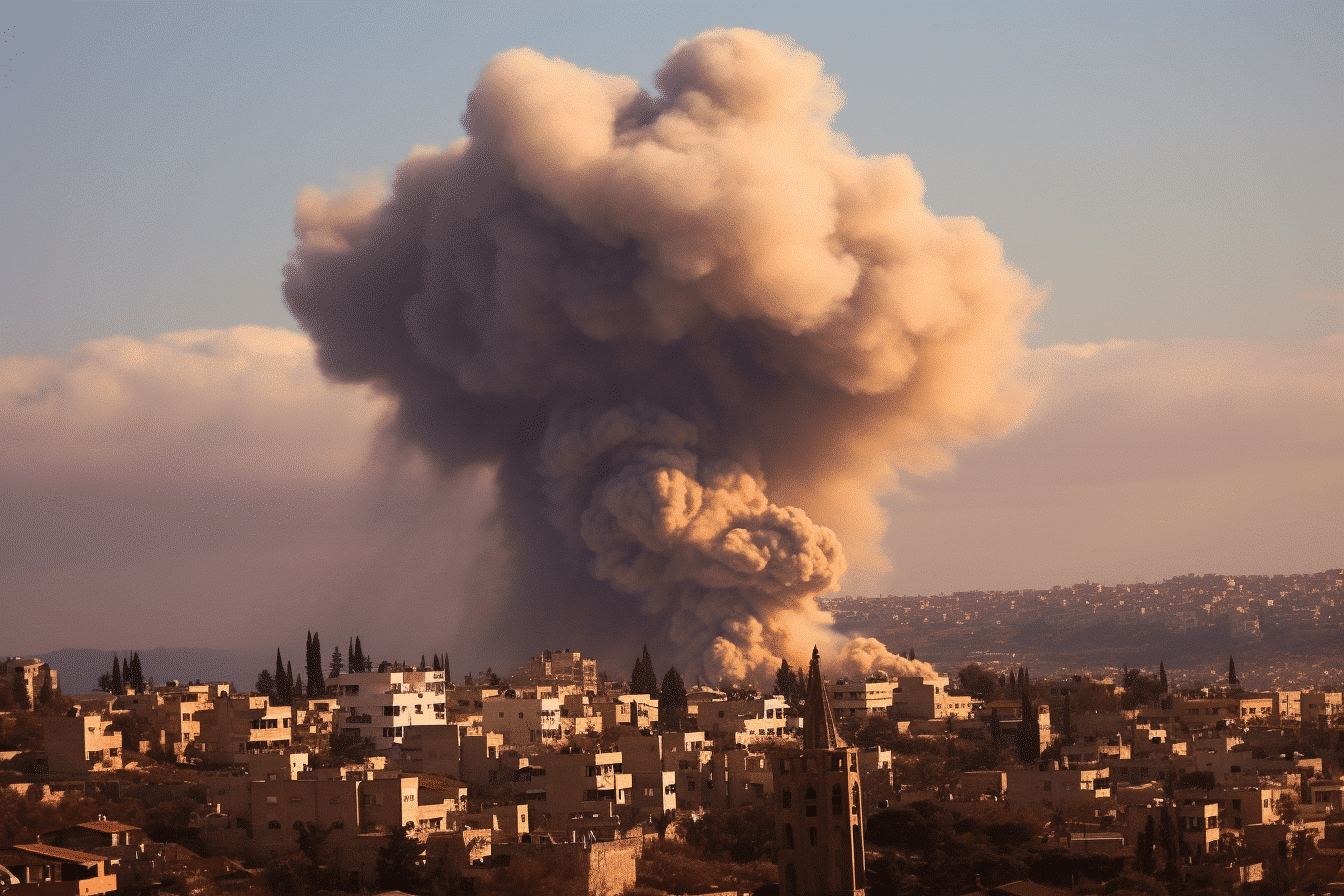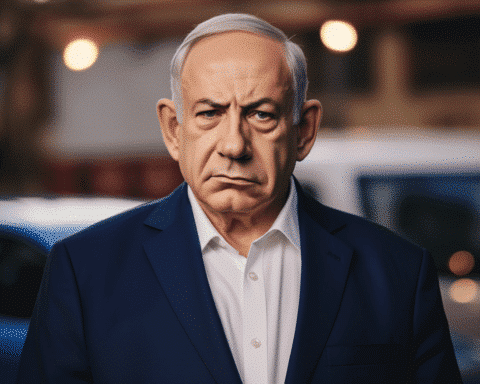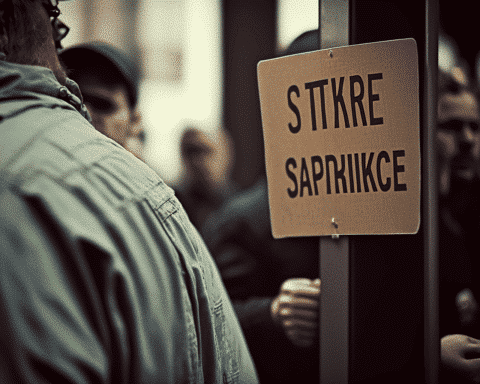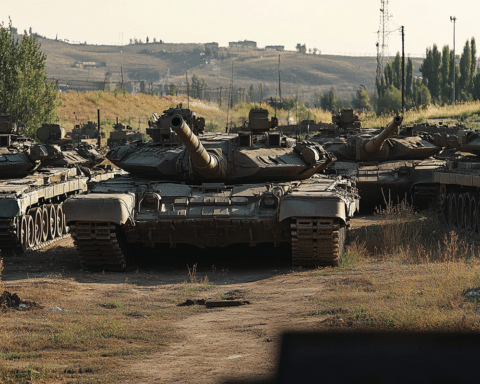After intense negotiations, Qatar has announced that a four-day cease-fire in the strife-torn Gaza Strip will commence on Friday morning. This delay from the initially scheduled start on Thursday was confirmed by Israel’s national security adviser, Tzachi Hanegbi, who did not provide specific reasons for the postponement.
The cease-fire agreement brings a glimmer of hope to the beleaguered 2.3 million Palestinians in Gaza, reeling from persistent Israeli bombings, and to Israeli families anguished over loved ones captured during the conflict. The Qatari Foreign Ministry spokesman, Majed al-Ansari, stated that “momentum” from the deal might lead to “an end to this violence.”
While the truce suggests a potential path toward peace, Prime Minister Benjamin Netanyahu has declared that the cessation of hostilities will not mark the end of the war. He reaffirmed his stance in a conversation with U.S. President Joe Biden, emphasizing the continuation of military actions until Hamas’ capabilities are obliterated and their governance in Gaza ends.
In Gaza, casualty reports from the Health Ministry resumed, with over 13,300 Palestinians reported killed, a count that includes a significant proportion of women and children. Meanwhile, the Israeli military maintains that it has neutralized numerous Hamas combatants.
The Israeli military’s assertions of Hamas using Gaza City’s Shifa Hospital as a militant command center have been vehemently denied by hospital staff. The recent detention of the hospital’s director by Israeli forces has sparked international concern and demands for intervention.
As the cease-fire looms, Gaza’s displaced millions, particularly those seeking refuge in U.N. shelters, anticipate a temporary respite to assess the remnants of their homes. For Hamas, the truce provides a strategic pause and the potential to proclaim the prisoner’s release as a victory.
Under the truce terms, hostages and prisoners are set to be released in phases, with Israel agreeing to extend the cease-fire duration correlating with the number of hostages freed. The return of the hostages holds particular significance in Israel, where the issue has dominated public sentiment.
Qatar’s pledge to expedite aid to Gaza, including essential fuel supplies, is a crucial component of the deal, with expectations of 200 trucks entering Gaza daily. The aid promise stands as a testament to the nation’s commitment to alleviating the humanitarian crisis in the region.
As the world watches, the fragility of this cease-fire underscores the desperate need for a lasting resolution to a conflict that has torn at the fabric of the Middle East for far too long.




